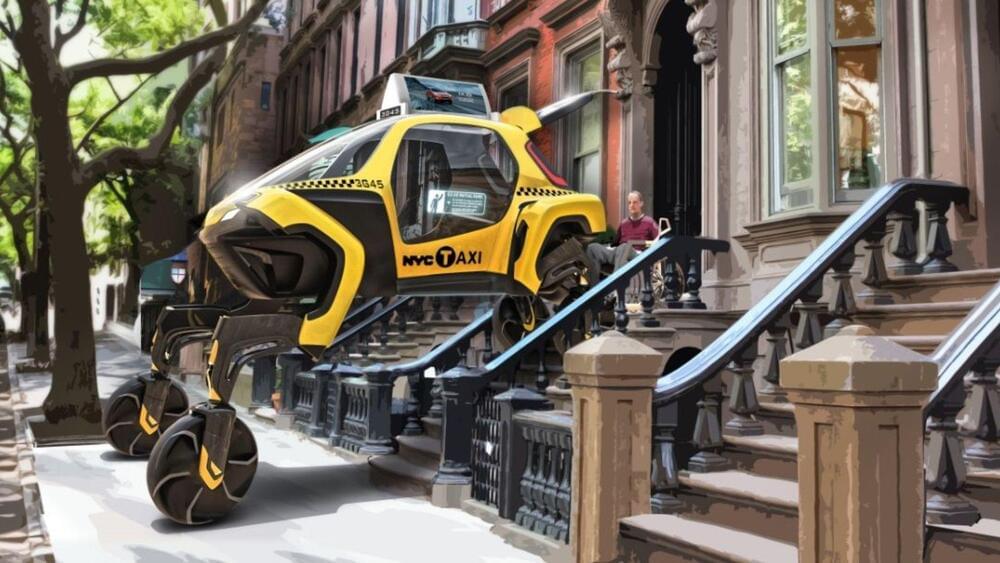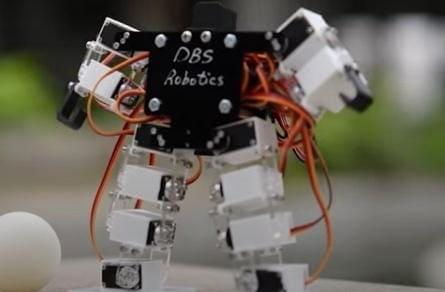There’s a real life bionic woman, and a mindblowing technological advancement has made her life a lot better.
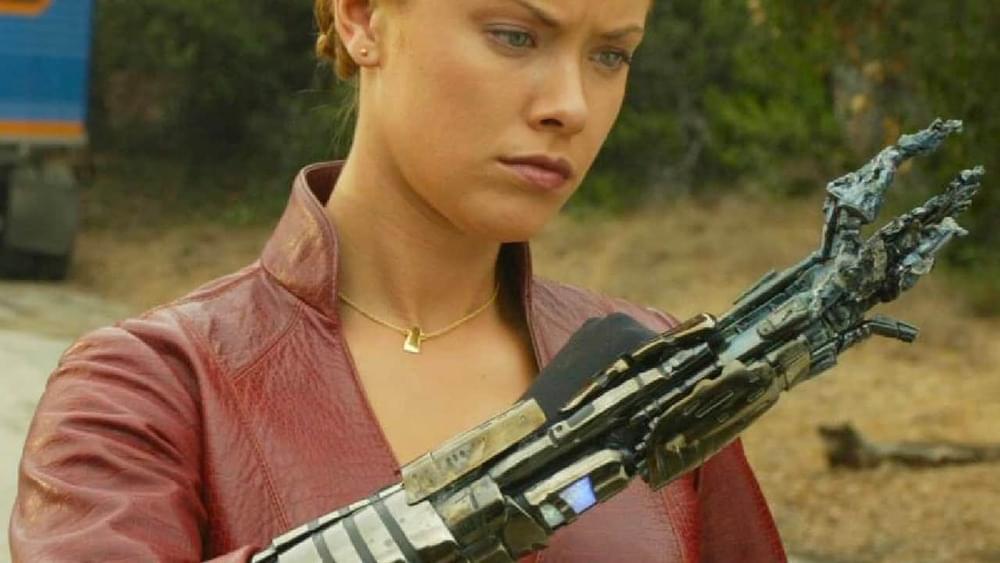

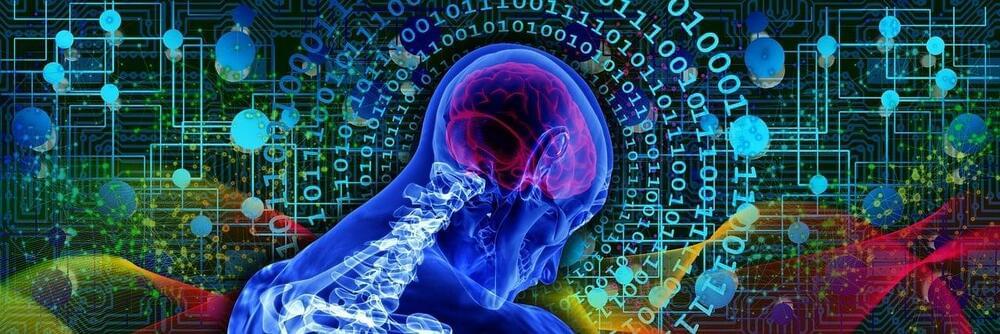
Artificial intelligence (AI) is evolving at break-neck speed and was one of the key themes at one of the world’s biggest tech events this year, CES.
From flying cars to brain implants that enable tetraplegics to walk, the show revealed some of the most recent AI-powered inventions destined to revolutionize our lives. It also featured discussions and presentations around how AI can help address many of the world’s challenges, as well as concerns around ethics, privacy, trust and risk.
Given how widespread AI is and the rate at which it is evolving, global harmonization of terminologies, best practice and understanding is important to enable the technology to be deployed safely and responsibly. IEC and ISO International Standards fulfil that role and are thus important tools to enable AI technologies to truly benefit society. They can not only provide a common language for the industry, they also enable interoperability and provide international best practice, while addressing any risks and societal issues.
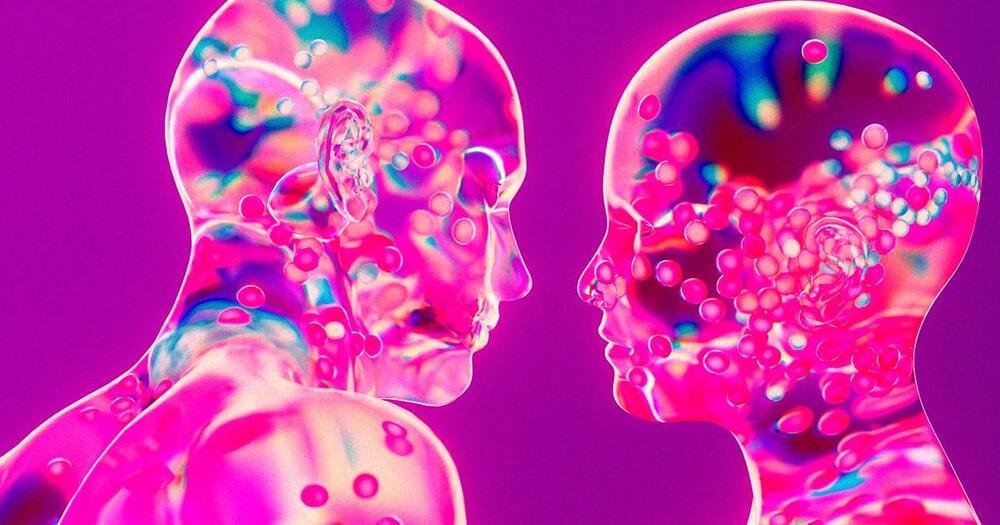
Instead of going through the tedious process of actually interacting with women, Moscow resident Aleksandr Zhadan programmed OpenAI’s GPT large language models to talk to well over 5,000 women on his behalf.
Zhadan went as far as to have it schedule IRL dates with matches and filter out profiles that showed women posing with alcohol, as Gizmodo reports.
Lo and behold, his efforts appear to have paid off: Zhadan found his wife, Karina Vyalshakaeva, in apparent proof that his bizarre and extremely 2024 method of finding love in the age of AI can actually work — if the happy couple isn’t making the whole thing up for clout, that is.
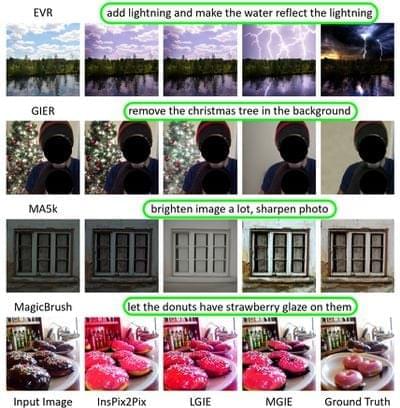


The announcement comes as New Hampshire authorities are advancing their investigation into AI-generated robocalls that mimicked President Joe Biden’s voice to discourage people from voting in the state’s first-in-the-nation primary last month.
Effective immediately, the regulation empowers the FCC to fine companies that use AI voices in their calls or block the service providers that carry them. It also opens the door for call recipients to file lawsuits and gives state attorneys general a new mechanism to crack down on violators, according to the FCC.
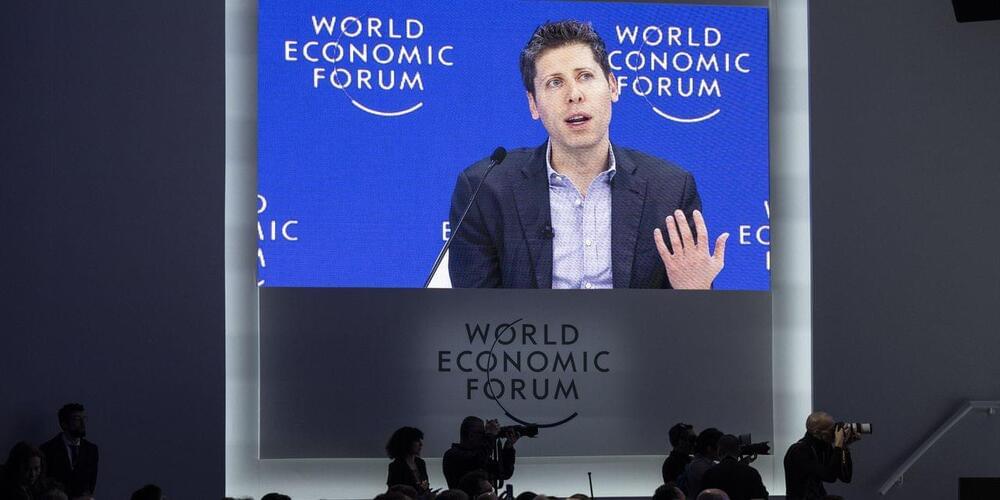
Sam Altman was already trying to lead the development of human-level artificial intelligence. Now he has another great ambition: raising trillions of dollars to reshape the global semiconductor industry.
The OpenAI chief executive officer is in talks with investors including the United Arab Emirates government to raise funds for a wildly ambitious tech initiative that would boost the world’s chip-building capacity, expand its ability to power AI, among other things, and cost several trillion dollars, according to people familiar with the matter. The project could require raising as much as $5 trillion to $7 trillion, one of the people said.
The fundraising plans, which face significant obstacles, are aimed at solving constraints to OpenAI’s growth, including the scarcity of the pricey AI chips required to train large language models behind AI systems such as ChatGPT. Altman has often complained that there aren’t enough of these kinds of chips—known as graphics processing units, or GPUs—to power OpenAI’s quest for artificial general intelligence, which it defines as systems that are broadly smarter than humans.
1X presents All Neural Networks.
Our environments are designed for humans, so we design our hardware to take after the human form for maximum generality. To make the best use of this general-purpose hardware, we also pursue the maximally general approach to autonomy: learning motor behaviors end-to-end from vision using neural networks.
